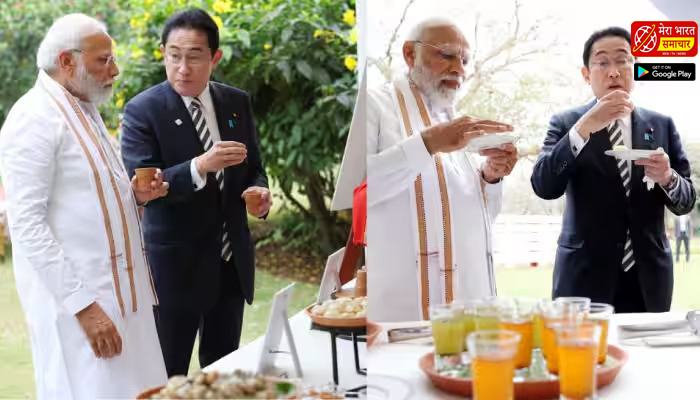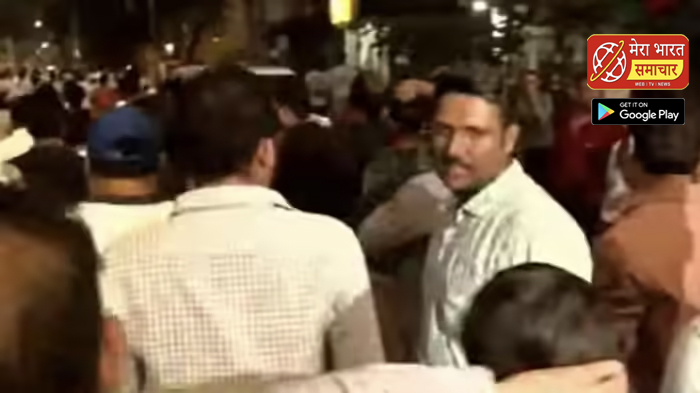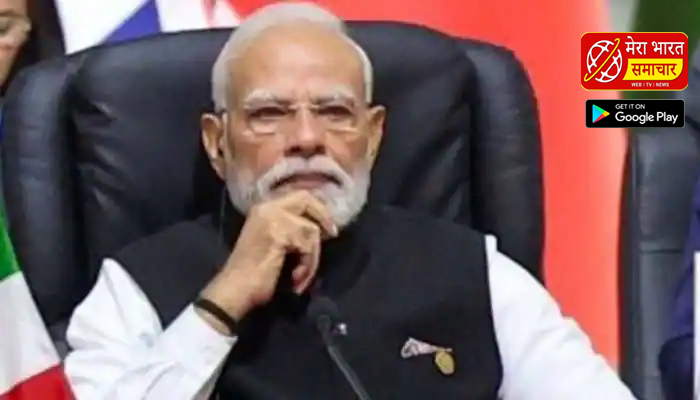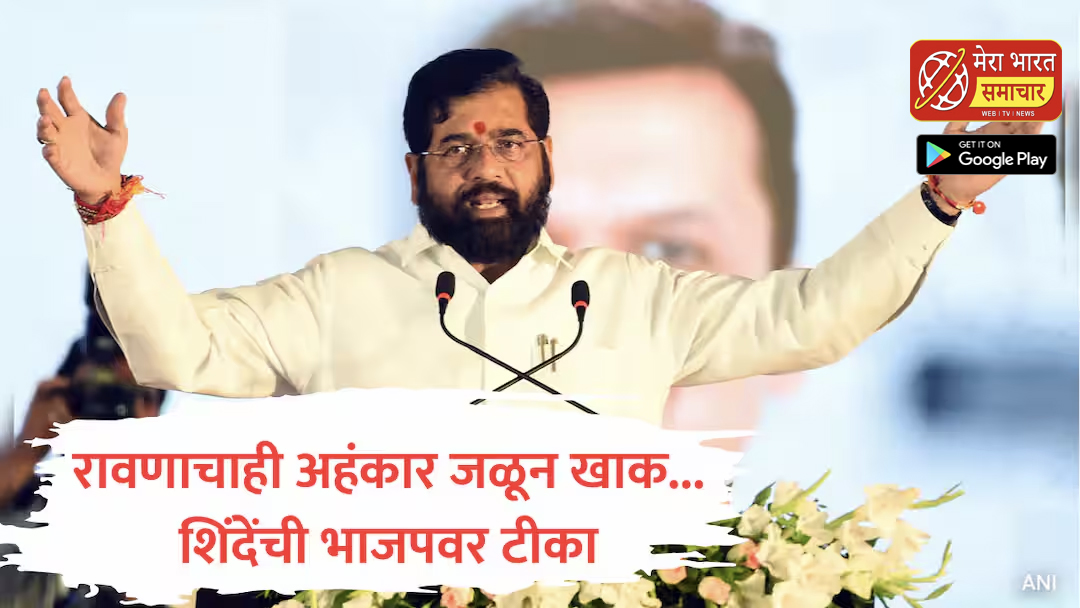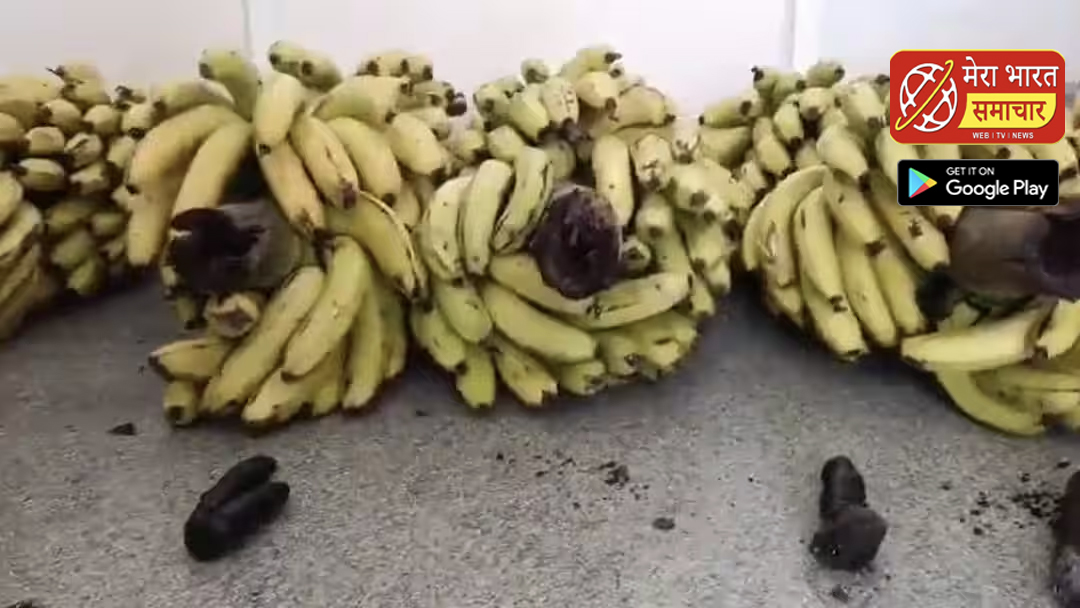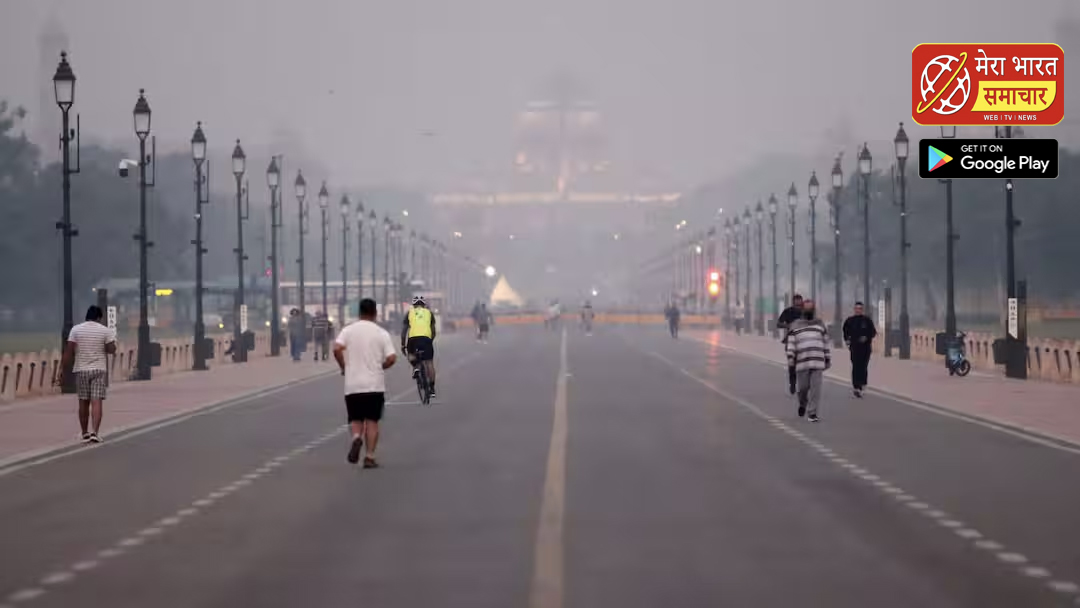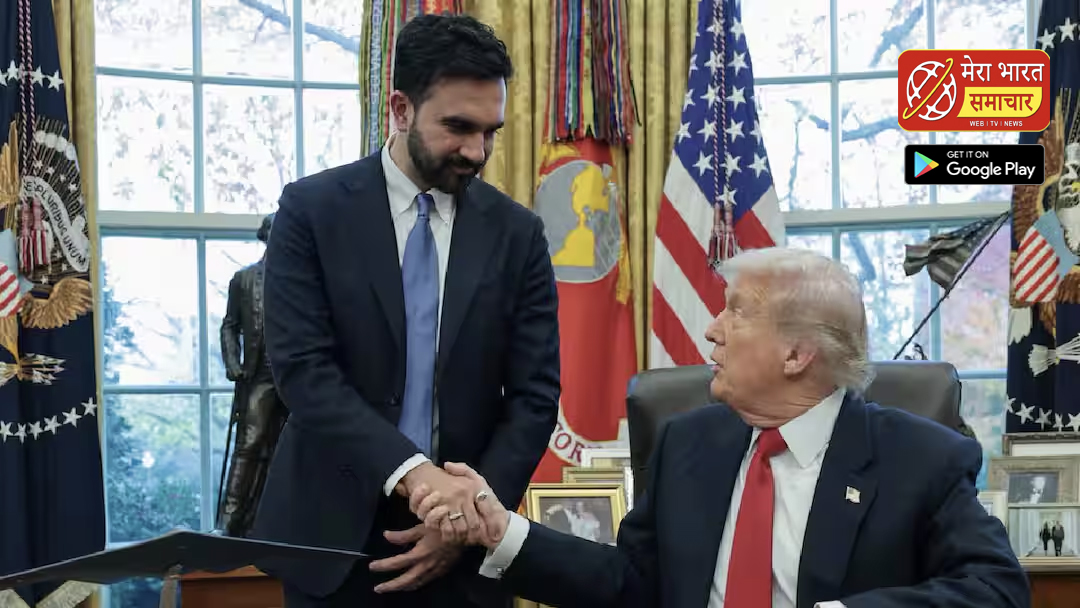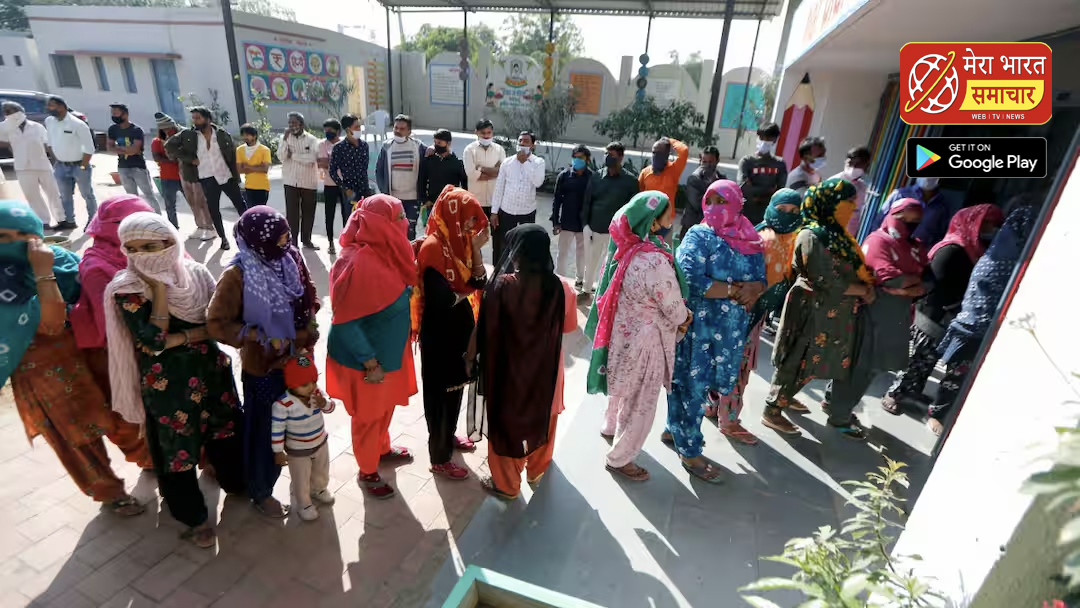Japanese Prime Minister Fumio Kishida arrived in India on Monday (March 20, 2023) on a two-day visit and tried different Indian snacks including ‘golgappas’ with PM Narendra Modi. In a video shared by PM Modi on his official social media accounts, his ‘friend’ Kishida can be seen asking for one more ‘golgappa’, which is common Indian street food and is known by different names — ‘panipuri’, ‘fuchka’, ‘gupchup’, ‘pani ke patashe’ — across the country.
The two leaders also tried ‘aam panna’, ‘lassi’ and fried idlis in the lush environs of the Budhha Jayanti Park in the national capital during their discussion to strengthen cultural ties.
“My friend PM Kishida enjoyed Indian snacks including golgappas,” Modi said on Twitter and Instagram and shared some pictures and a video clip.
The two leaders were also seen sipping tea from an earthen cup sitting on a bench in the park, engrossed in talks.
“One of the aspects which connects India and Japan is the teachings of Lord Buddha. PM Kishida and I went to the Buddha Jayanti Park in Delhi. Sharing some glimpses,” Modi said on Twitter and shared photographs of their visit to the park located in the Central Ridge Reserve Forest behind the Rashtrapati Bhawan.
After offering floral tributes at the statue of the Buddha, he also gifted his Japanese counterpart a sapling of the Bal Bodhi tree.
PM Modi, his Japanese counterpart Fumio Kishida hold talks, discuss Ukraine conflict, Indo-Pacific
Earlier on Monday, the Ukraine conflict and its implications, the situation in the Indo-Pacific and ways to strengthen ties in key areas as also co-development of military hardware figured prominently during extensive talks between Prime Minister Modi and his Japanese counterpart Kishida.
Hours after the talks, Kishida unveiled his government’s much-awaited plan for a ‘Free and Open Indo-Pacific’ and came down heavily on Russia for its aggression against Ukraine saying it triggered a fundamental challenge to defend peace.
The Japanese prime minister described India as an “indispensable partner” for peace and stability in the Indo-Pacific and underlined the importance of preventing coercion and upholding a rules-based international order in the region.
According to Japanese officials, the two leaders also discussed the Ukraine conflict as well as its implications.
In his media statement, Modi said the India-Japan global partnership is based on shared democratic values and respect for the rule of law and promotes peace and stability in the Indo-Pacific.
In their talks, the two prime ministers largely focused on significantly boosting cooperation in areas of clean energy, semiconductors and co-development of military hardware besides exploring ways to deal with regional security challenges amidst the increasing assertiveness of China.
“The India-Japan Special Strategic and Global Partnership is based on our shared democratic values, and respect for the rule of law in the international arena,” Modi said in his media statement.
“Strengthening this partnership is not only important for both our countries, but it also promotes peace, prosperity and stability in the Indo-Pacific region. In our conversation today, we have reviewed the progress made in our bilateral relations,” he added.
Modi conveyed to Kishida that one of the areas of very strong cooperation between India and Japan could be co-innovation, co-design co-creation in the defence manufacturing sector, officials said.
The two leaders also discussed India’s G20 presidency and Japan’s G7 presidency and agreed on the importance of including views of the Global South in both processes.
The two sides also signed an agreement on the fourth tranche of a loan from the Japan International Cooperation Agency (JICA) worth 300 billion yen (Rs 18,800 crore) for the Mumbai-Ahmedabad high-speed rail. Modi said both sides are “progressing fast” on the project.
Delivering a lecture at the Indian Council of World Affairs on Japan’s new plan for a ‘Free and Open Indo-Pacific’ (FOIP), Kishida extensively delved into the challenges being faced by Ukraine and said any change of status quo by force is not acceptable in any part of the world.
“Russia’s aggression against Ukraine obliges us to face the most fundamental challenge; defending peace. Various challenges related to ‘global commons’ such as climate and the environment, global health and cyberspace, have become more serious,” he said
While Japan and India are special strategic and global partners, New Delhi has not been forthcoming in criticising Moscow for its invasion of Ukraine.
“The oceans are becoming more important and significant. As we have seen with the aggression against Ukraine, major geopolitical shifts are taking place at the heart of the vast Eurasian Continent. One could say it is a tragedy,” Kishida said in his speech at the think tank.
Kishida also denounced Russia’s invasion of Ukraine.
“I reiterate that Japan strongly condemns Russia’s aggression against Ukraine and will never recognise it. Prime Minister Modi too expressed to President Putin that ‘today’s era is not of war’,” he said.
Japanese officials said India and Japan should not condone any unilateral change of status quo anywhere, including Asia.
In his media statement, Modi said he and Kishida exchanged views on defence equipment and technology collaboration, trade, health, and digital partnership.
There was also a fruitful discussion on the importance of reliable supply chains in semiconductors and other critical technologies, he said.
“Last year, we had set a target of Japanese investment of 5 trillion yen in India in the next 5 years, that is, Rs 3,20,000 crore rupees. It is a matter of satisfaction that there has been good progress in this direction,” Modi said.
Modi said “fast” progress is being made on the Mumbai-Ahmedabad high-speed rail project.
“Our meeting today is special for another reason as well. This year India is chairing the G20, and Japan is chairing the G7. And therefore, this is the perfect opportunity to work together on our respective priorities and interests,” Modi said, adding he explained in detail to Kishida about India’s priorities for its G20 Presidency.
In his remarks, Kishida said Tokyo’s economic cooperation with New Delhi continues to grow rapidly and it will not only support further development of India but create significant economic opportunities for Japan.

